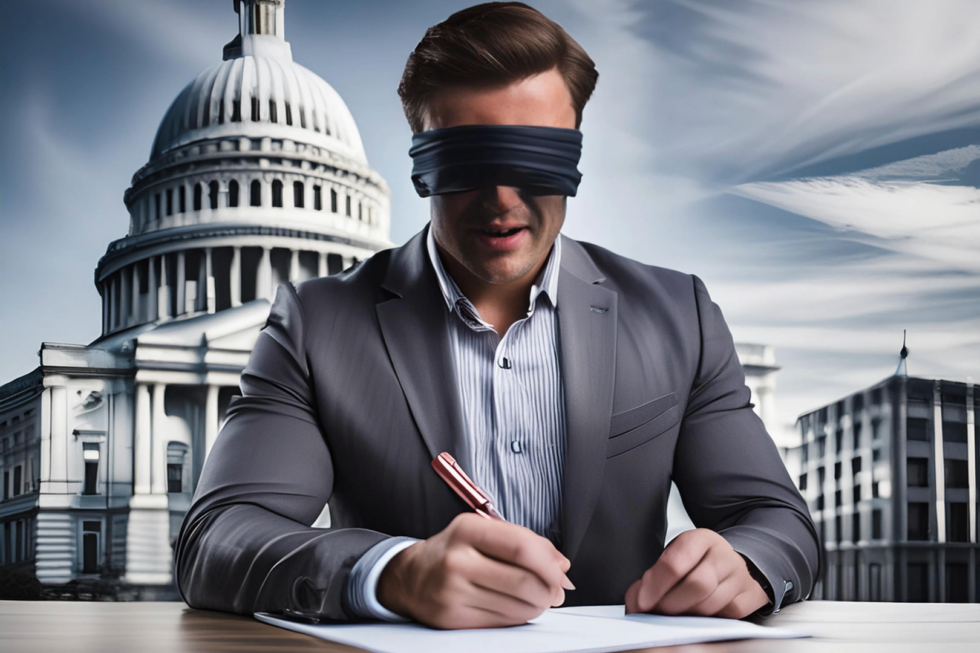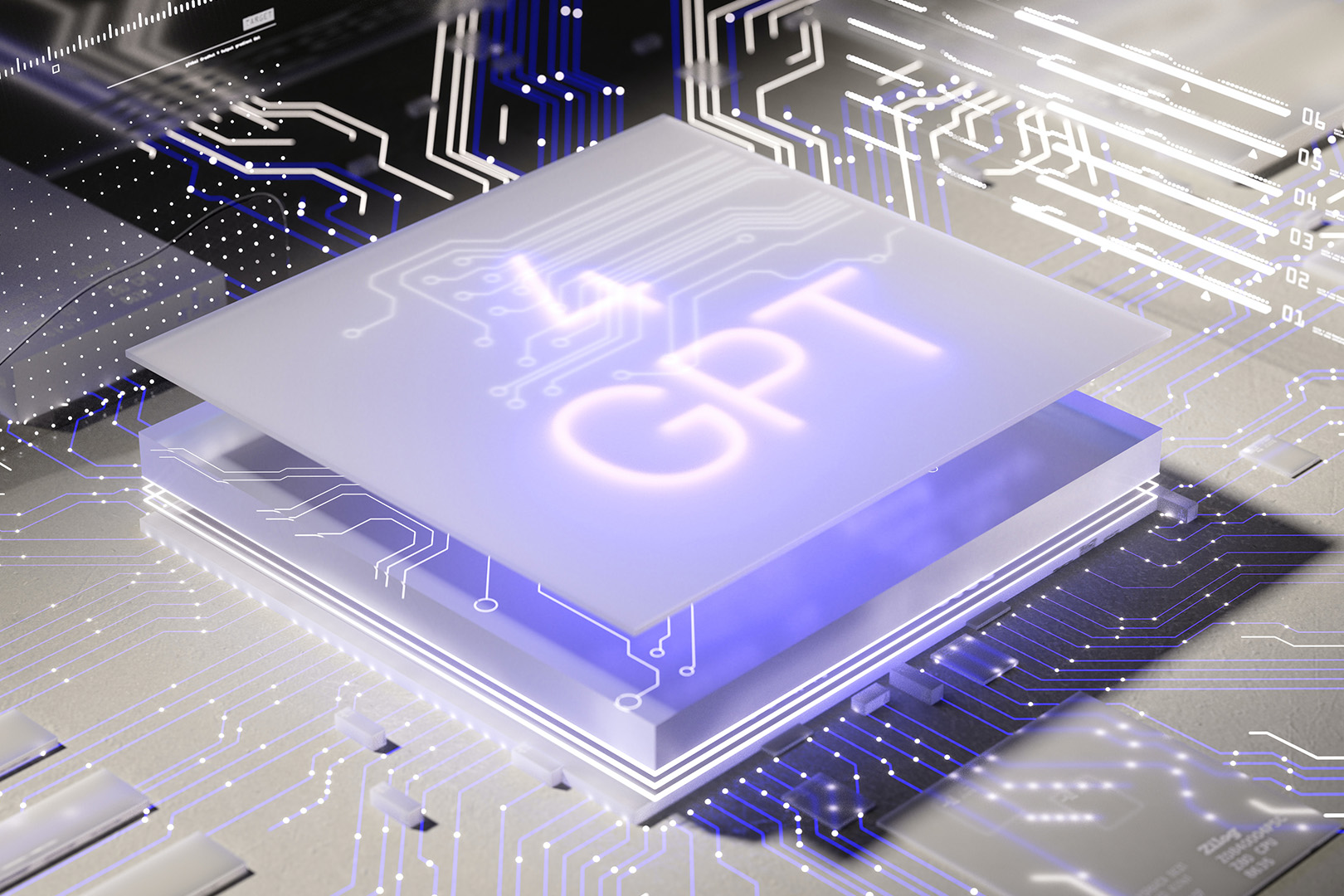
On June 12, 2024, the House IP Subcommittee held a hearing called The U.S. Intellectual Property System and the Impact of Litigation Financed by Third-Party Investors and Foreign Entities. The hearing was about third-party litigation funding (TPLF) related to patent litigation and the perceived national security risks of hidden hostile foreign funders.
Some of the corporate lobbyists testifying at the hearing said that foreign actors, like China and Russia, may be using TPLF to gain access to sensitive information that could harm U.S. corporations and, by extension, U.S. national security. The witnesses relied on possible but unknown damage. In other words, they suspect a problem but cannot show it.
Third-Party Litigation Funding Helps Little Guys
When a huge corporation steals a patented invention, the only option the inventor has is to take the infringer to federal court. Patent litigation has always been expensive and complicated, but historically, contingent fee attorneys have taken these cases.
The America Invents Act of 2011 (AIA) created the Patent Trial and Appeal Board (PTAB). The PTAB is extremely unfair to inventors and startups, effectively invalidating 84% of the patents it fully adjudicates. It adds years and sometimes millions of dollars to litigation.
The PTAB’s astronomical invalidation rate caused most contingent fee attorneys to flee patent litigation, opening the floodgates to predatory infringement and severely damaging U.S. innovation. As a result, China took the global lead in 37 of 44 technologies critical to our national security.
Today, few attorneys take cases without TPLF to mitigate the risk. If Congress somehow impedes TPLF, the courthouse doors will be slammed shut for inventors, and China will move even further ahead.
The House IP Subcommittee Flirts with More Damage
While there may be some foreign adversaries using TPLF to steal secrets, the extent of this damage is not known and could be insignificant. On the other hand, damaging the TPLF market is certain to harm U.S. innovation because it will make it impossible to defend most patents, especially those of small entities that bring us the most new technologies.
Congress should never pass a law when the damage they seek to correct is not known, but the damage they will inflict is known. The AIA is an example of this sort of legislative failure.
The damage inflicted by AIA should have been known by Congress before it was made law. As in most legislation, many in Congress did not know what they were voting for. Instead, they relied on advice from their favorite Judiciary Committee member tasked with understanding the legislation.
Just like now, corporate lobbyists flooded into the Judiciary Committee, proclaiming their expertise in patent law and declaring an emergency. They also saturated the Congressional airwaves with false articles, half-truths, and cartoon characters called patent trolls. The patent troll narrative is a highly effective false narrative invented by the corporate lobby to destroy the patent system for little guys. Key members of the IP Subcommittee bought it, and others followed. Off-committee members asked their favorite IP Subcommittee member how to vote and were told to vote for the AIA.
But there can be no question that the corporate lobbyists knew the damage the AIA would inflict on U.S. innovation. Unfortunately, the same cabal of self-proclaimed experts are now pushing TPLF funding reform.
Damaging U.S. Innovation
Representative Darrell Issa, Chairman of the IP Subcommittee, opened the hearing by warning of the dangers of patent trolls. Issa then went on to attack the patent system at its foundation; Issa described patent litigation as meritless “by asserting a wide swath of low-quality patents.” This is the bad patent false narrative that directly attacks the presumption of validity for all patents.
If patents are presumed invalid, as Issa suggests, huge corporations can trample small entities by stealing their inventions. After all, the patents they steal are obviously low-quality and never should have been issued in the first place. This is a license to steal through false narrative.
Corporate lobbyist Bob Goodlatte, the former Chairman of the House Judiciary Committee whose picture embellishes the Judiciary Committee hearing room, was introduced by Issa as an expert on “the issues before us today.” I assume Issa means Goodlatte has expertise in the patent system, litigation, and TPLF, but I could not find any direct experience.
Goodlatte echoed Issa’s attacks, regurgitating the same old narrative he so often asserted when he was Chairman of the committee. He went on to describe how third-party funders “operate in the shadows free from public scrutiny” to slow down huge corporations that “generate economic growth.”
Goodlatte and Issa certainly informed us about patent trolls and bad patents, but neither Goodlatte nor Issa said anything about how predatory infringement destroys inventors, startups, and, by extension, U.S. innovation.
It is beyond tragic to U.S. innovation that Goodlatte and Issa were ever given the legislative reigns over patent law. Their legislation brought extreme damage to U.S. innovation, enabling Big Tech to monopolize and China to take the global lead in critical technologies. Not surprisingly, both now want TPLF reform.
Protecting U.S. Innovation
Fortunately, most IP Subcommittee members want to improve U.S. innovation.
Representative Hank Johnson, the Ranking Member of the IP Subcommittee, described an all-too-common story about huge corporations stealing inventions from little guys. He went on to rightly explain why little guys need TPLF to enforce their rights. He called out how the AIA made most patents impossible to defend because the risk of invalidation was too high.
Representative Jerrold Nadler, Ranking Member of the Judiciary Committee, echoed Johnson’s comments but added that the beneficiaries of reforming TPLF are huge corporations who engage in predatory infringement. Although he did not say it, these same huge corporations are the paymasters of corporate lobbyists who pushed through the AIA and are now pushing TPLF reforms.
Representative Deborah Ross exposed the real problem with one simple question. She rightly pointed out the irony that if the PTAB were fair to inventors, they would not need TPLF. Then she asked why the IP Subcommittee is focused on TPLF and not focused on making the PTAB fair?
Ross is the lead sponsor of the PREVAIL Act, which she said would lower invalidation rates at the PTAB. Ross is certainly on the right track; the PTAB’s invalidation rate must be lowered if it is ever going to be fair. I believe Ross genuinely wants to fix this mess.
But PREVAIL’s corporate lobbyists have misled Ross. PREVAIL cannot fix the lower invalidation rate or fix anything else at the PTAB. The bias is baked into the PTAB’s rules on so many levels that it is impossible to address all the bad rules.
Corporate Lobbyists are Misleading Congress
The problem is the incentives that drive the PTAB to invalidate patents at a much higher rate than the federal courts just so it can stay in business. If Congress legislatively fixes the bad rules to bring the invalidation rate down, these perverse incentives will force the PTAB to change different rules to bring the invalidation rate back up. Then, Congress will need to pass more legislation. This will happen again and again and likely can never fix the problem.
The second part of the problem is huge corporations like the PTAB exactly the way it is. They can pluck whatever inventions they want, and if the inventor puts up a fight, they can engage the PTAB to destroy the inventor financially and emotionally.
These huge corporations know that Congress is going to fix the PTAB. This threatens them with competition from startups brandishing better technology. So, they seek to keep the PTAB killing field as long as they can.
To accomplish this, their corporate lobbyists are misleading everyone on what PREVAIL actually fixes. If they succeed, they will have another ten years before Congress reopens the PTAB to legislation, and U.S. innovation will continue its decline.
The Truth about PREVAIL
The corporate lobbyists correctly explain that PREVAIL changes the standard of evidence to the same standard as the federal court. But they incorrectly tell us that this change will lower the invalidation rate.
The standard of evidence will not change the invalidation rate because the standard is applied to a highly subjective test for obviousness. Under this test, two people can come to opposite conclusions, and nobody can say who is wrong. It just doesn’t matter what standard of evidence is applied because the answer is in the eye of the beholder.
The corporate lobbyists also tell us that PREVAIL establishes a standing requirement that is the same as that of the federal court. That is not at all true.
Standing in federal court means that you have been sued or threatened to be sued, and therefore, only you can bring a case to federal court. Third parties do not have standing in federal court. But, PREVAIL’s standing requirement allows third-party standing if someone with federal court standing pays them.
To understand the severity of the national security risk, one needs to look no further than Unified Patents. Unified Patents petitions the PTAB as a third-party front for its 3000 plus subscribers, many of which are likely Chinese Communist Party (CCP) controlled multinationals. Any settlement made with Unified Patents includes a patent license that applies to all Unified Patents’ subscribers, including the concealed CCP-controlled entities.
This puts U.S. economic and national security at risk because Unified Patents effectively clears the market of patents that block CCP-controlled multinationals from entering U.S. markets while the CCP-controlled multinationals, in Goodlatte’s words, “operate in the shadows free from public scrutiny.”
Under PREVAIL, Unified Patents will be required to name only one real party in interest, not all. Thus, PREVAIL preserves Unified ’Patents’ shadowy business model of concealing CCP-controlled multinationals and its consequent U.S. national security risks.
Congress Must Wake Up
The same corporate lobbyists who destroyed U.S. innovation now tell us they know how to fix it. They would eliminate third-party funding for little guys, making it virtually impossible to defend their rights because of their own proffered unknown and probably insignificant threats to national security. And on the other hand, they would allow third parties to use the PTAB to clear the U.S. market by invalidating little guy patents while the identities of their CCP multinational beneficiaries are concealed. In both cases, their legislative compass points only to favor huge predatory infringers and CCP multinationals while damaging U.S. economic growth, national security, and little guys.
Ross is right – Issa’s IP subcommittee priorities are backward. It ignores the PTAB and focuses on TPLF reform even though fixing the PTAB will reopen patent litigation to contingent fee attorneys, making TPLF reform unnecessary. In the haze of this confusion, China now leads the world in 37 of 44 critical technologies. PREVAIL is misrepresented; it will not fix the PTAB. And we do not have another ten years to figure out that out.
The corporate lobby has shown its colors; its expertise is misleading Congress, and it cannot be trusted with patent law.
Congress must investigate what is slowing U.S. innovation, with a particular focus on the broken patent system. The only legislation that stops PTAB damage is the bipartisan Balancing Incentive Act, led by Macy Kaptur and Thomas Massie and cosponsored by Donald Davis and Richard McCormick, and the Restoring America’s Leadership in Innovation Act (RALIA), also led by Massie and Kaptur.
Paul Morinville is Founder and Executive Director of SPARK Innovation. SPARK Innovation strives to create an policy environment where the conception, protection, and commercialization of technologies critical to our economic and national security prosper thereby enabling the United States to take back the global technological lead from China. Paul is an inventor and has been an executive at multiple technology startups including computer hardware, enterprise middleware, video compression software, artificial intelligence, and medical devices, and has licensed patents in the U.S. and China.






